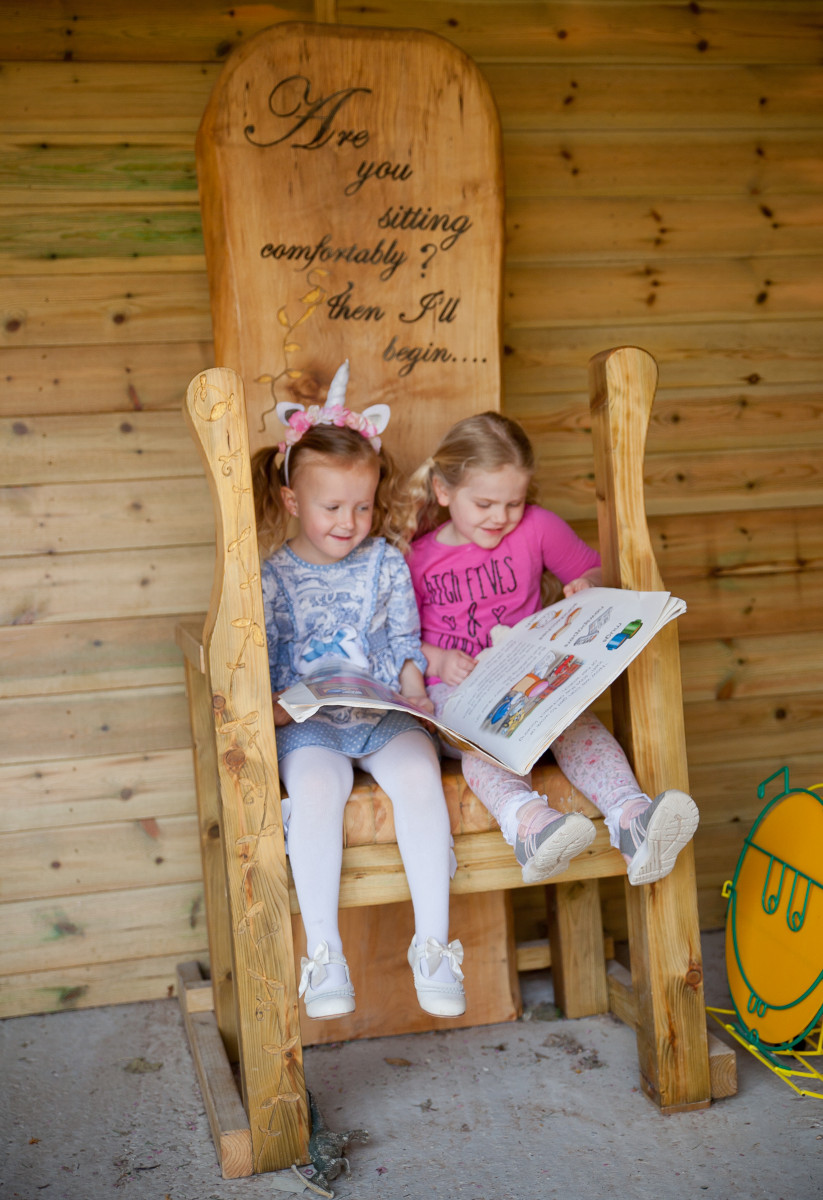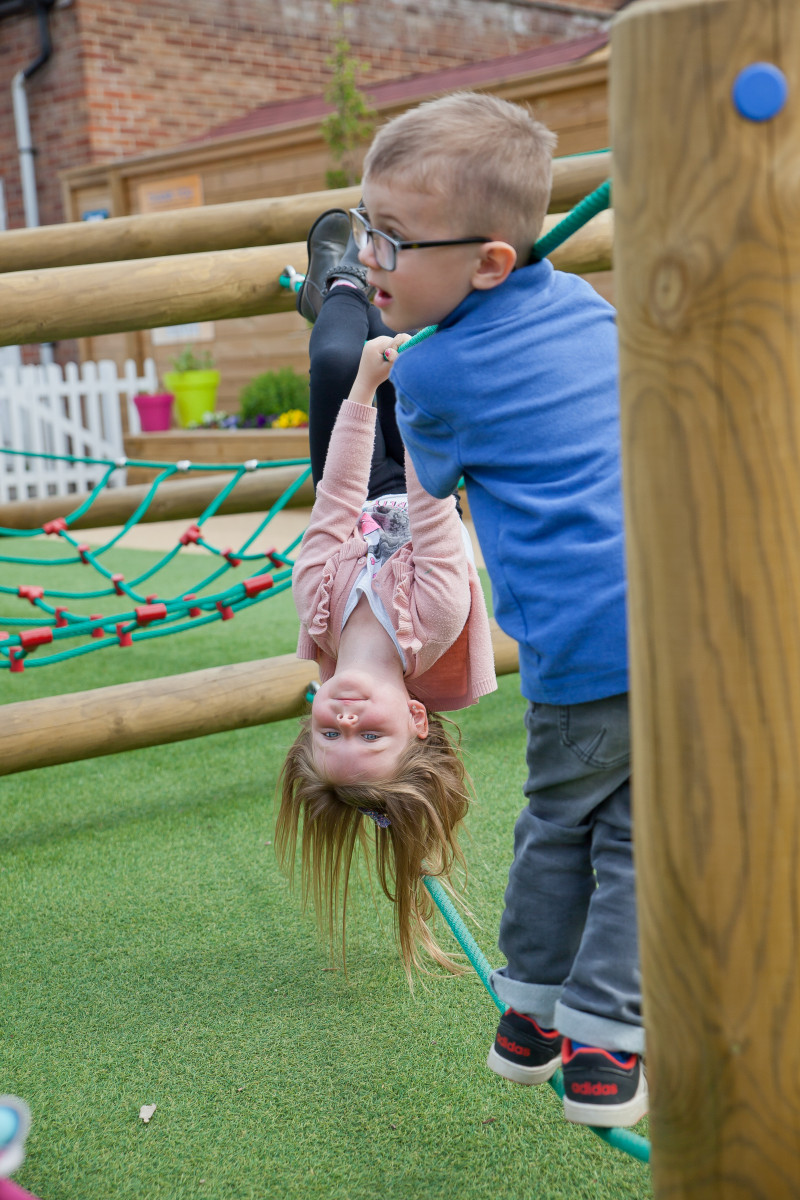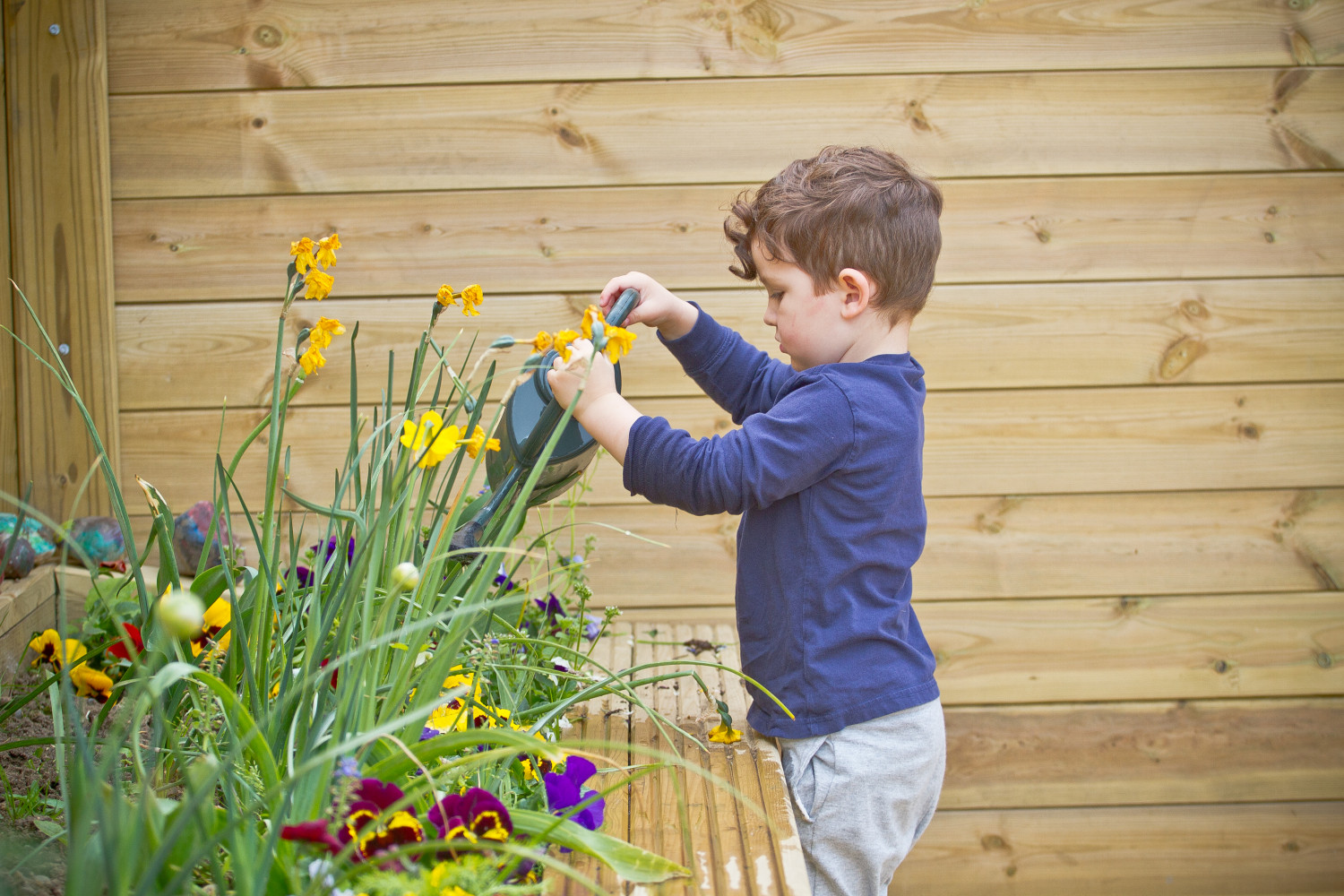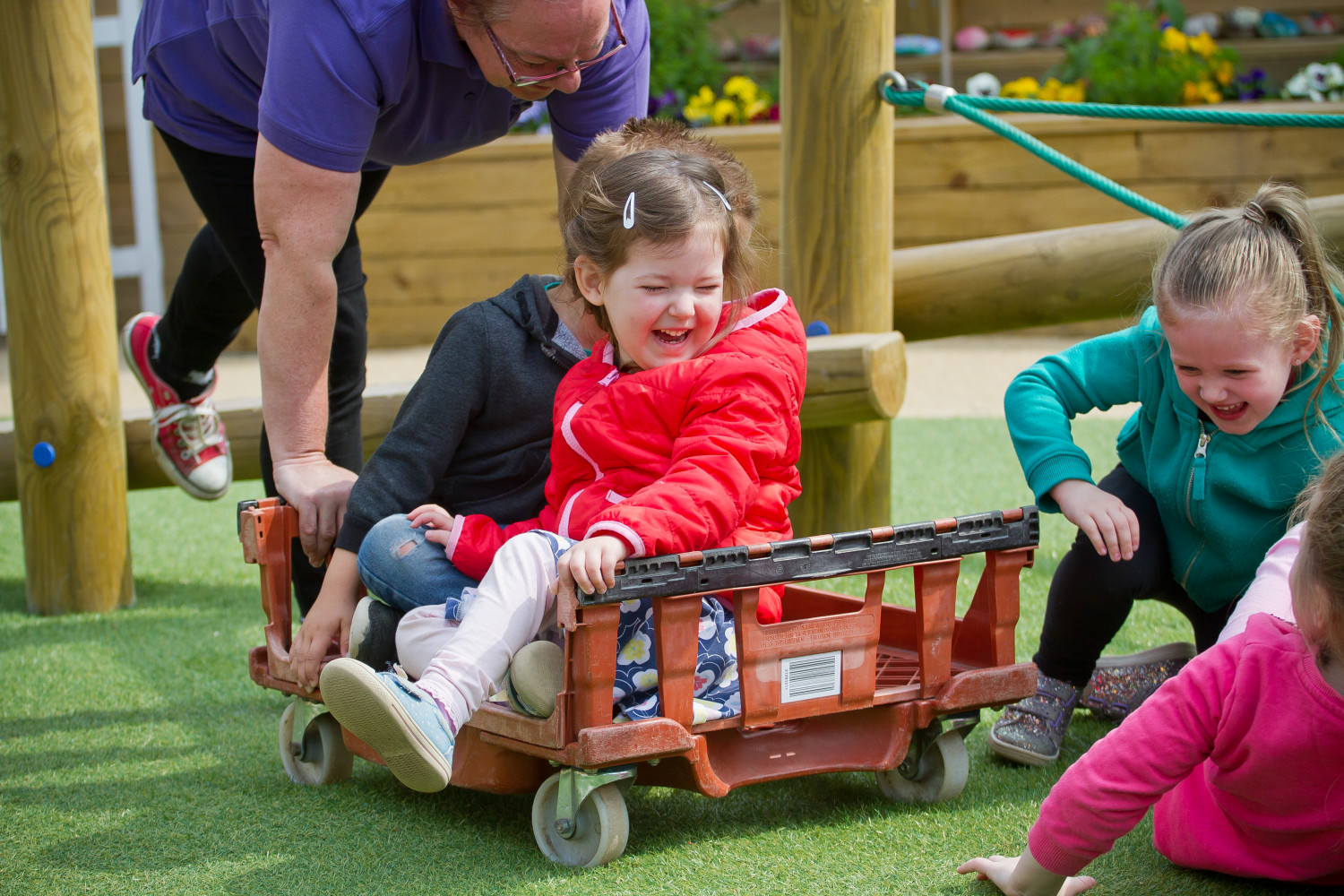AIMS AND OBJECTIVES
Treasure Children Forever aims to support the essential work of parents as first educators and carers of young children, and to provide a safe, secure, stimulating and caring environment where children are supported in reaching their full potential. We want children to feel happy in the absence of their parents and recognise other adults as a source of authority, help and friendship.
AIMS:
1. To provide a secure and stimulating environment
2. To value personal, social and moral development, taught within a broad and balanced curriculum
3. To demonstrate a caring, respectful attitude towards each other within the Pre School and the community
4. To encourage awareness of other opinions and beliefs
OBJECTIVES:
1. To support children in their learning through play within a planned curriculum “In the moment”
2. To consider the whole child when providing a planned curriculum
3. To encourage learning in all areas – encourage holistic learning
4. To provide a safe and friendly environment where each child feels comfortable and safe
5. To provide a variety of opportunities for each child to experience first-hand
6. To strive to provide a child- centred environment that enables autonomy and independence as the child grows
7. To promote good self-esteem and self-worth within each child.
8. To respect each child/adult as an individual
9. To provide a high standard of adult interaction to promote each child’s development
Children's Development and Learning
We aim to ensure that each child:
- Is in a safe and stimulating environment;
- Is given generous care and attention, because of our ratio of qualified staff to children, as well as volunteer parent helpers;
- Has the chance to join in with other children and adults to live, play, work and learn together;
- Has helped to take forward her/his learning and development by being helped to build on what she/he already knows and can do;
- Has a personal key person who makes sure each child makes appropriate progress;
- Is in a setting that sees parents as partners in helping each child to learn and develop; and
- Is in a setting in which parents help to shape the service it offers.


The Early Years Foundation Stage
The provision for children's development and learning is guided by the Early Years Foundation Stage (DfE 2021). Our provision reflects the four overarching principles of the Statutory Framework for the Early Years Foundation Stage.
A Unique Child
- Every child is a unique child who is constantly learning and can be resilient, capable, confident and self assured.
Positive Relationships
- Children learn to be strong and independent through positive relationships.
Enabling Environments
- Children learn and develop well in enabling environments, in which their experiences respond to their individual needs and there is a strong partnership between practitioners, parents and carers.
Learning and Development
- Children develop and learn in different ways and at different rates. The framework covers the education and care of all children in early year’s provision including children with special educational needs and disabilities.
How we provide for Development and Learning
Children start to learn about the world around them from the moment they are born. The care and education offered by our setting helps children to continue to do this by providing all of the children with interesting activities that are appropriate for their age and stage of development.
The Areas of Development and Learning comprise:
Prime Areas
- Personal, social and emotional development.
- Physical development.
- Communication and language.
Specific Areas
- Literacy.
- Mathematics.
- Understanding the world.
- Expressive arts and design.
For each area, the level of progress that children are expected to have attained by the end of the Early Years Foundation Stage is defined by the Early Learning Goals. These goals state what it is expected that children will know, and be able to do, by the end of the reception year of their education.
The Development Matters guidance sets out the likely stages of progress a child makes along their learning journey towards the Early Learning Goals. Our setting has regard to these matters when we assess children and plan for their learning. Our programme supports children to develop the knowledge, skills and understanding they need for:
Personal, social and emotional development
- Self Regulation
- Managing self.
- Building relationships
Physical development
- Gross Motor skills
- Fine Motor skills
Communication and language
- Listening and attention;
- Understanding;
- Speaking.
Literacy
- Comprehension
- Reading;
- Writing.
Mathematics
- Number;
- Numerical Patterns
Understanding the world
- Past and Present;
- People, Culture & Communities ;
- The natural world.
Expressive arts and design
- Creating with materials;
- Being imaginative and expressive.
OUR APPROACH TO LEARNING AND DEVELOPMENT & ASSESSMENT
Learning Through Play


All of the learning we do here, and most of the learning in reception is through quality, active play. “Teaching in the early years should not be taken to imply top down or formal way of working. It is a broad term that covers the many different ways in which adults help young children learn. It includes their interactions with children during planned and child-initiated play and activities, communicating and modelling language, showing, explaining, demonstrating, exploring ideas, encouraging, questioning, recalling, providing a narrative for wht they are doing, facilitating and setting challenges” Ofsted
Characteristics of effective learning
We understand that all children engage with other people and their environment through the characteristics of effective learning that are described in the Development Matters the Early Years Foundation Stage guidance as:
- Playing and exploring - engagement;
- Active learning - motivation;
- Creating and thinking critically.
We aim to provide for the characteristics of effective learning by observing how a child is learning and being clear about what we can do and provide in order to support each child to remain an effective and motivated learner.
Assessment
We assess how young children are learning and developing by observing them. We use information that we gain from observations, as well as from photographs of the children, to document their progress and where this may be leading them. We believe that parents know their children best and we ask them to contribute to the child’s learning journey by sharing information about what their children like to do at home and how they, as parents, are supporting development.
“Assessment should not entail prolonged breaks from interaction with children, nor require excessive paperwork. When assessing whether an individual child is at the expected level of development, practitioners should draw on their knowledge of the child and their own expert professional judgement and should not be required to prove this through collection of physical evidence.” – EYFS 2021
The team here work hard to ensure they know your children extremely well, we observe their play, development and interests, we assess what they know and what we want them to learn and then we plan activities and provision which will extend their development and teach them something new or help to bed in the skill they are already mastering. All of these things are done by using our understanding of child development and our knowledge of your child as an individual person.
We want to keep parents up to date with their children’s learning and development, and give you snapshots of their Pre School day, We work on a learning journey during their time with us, adding those special moments when your child learns something new. We will meet with you once a term to share their learning journey with you. Giving you the opportunity to celebrate your child’s achievements and giving you the time to share any concerns you may have.
THE PROGRESS CHECK AT YEAR 2
The Early Years Foundation Stage requires that we supply parents and carers with a short written summary of their child’s development in the three prime areas of learning and development: personal, social and emotional development; physical development; and communication and language; when a child is aged between 24 - 36 months. The key person is responsible for completing the check using information from ongoing observational assessments carried out as part of our everyday practice, taking account of the views and contributions of parents and other professionals.